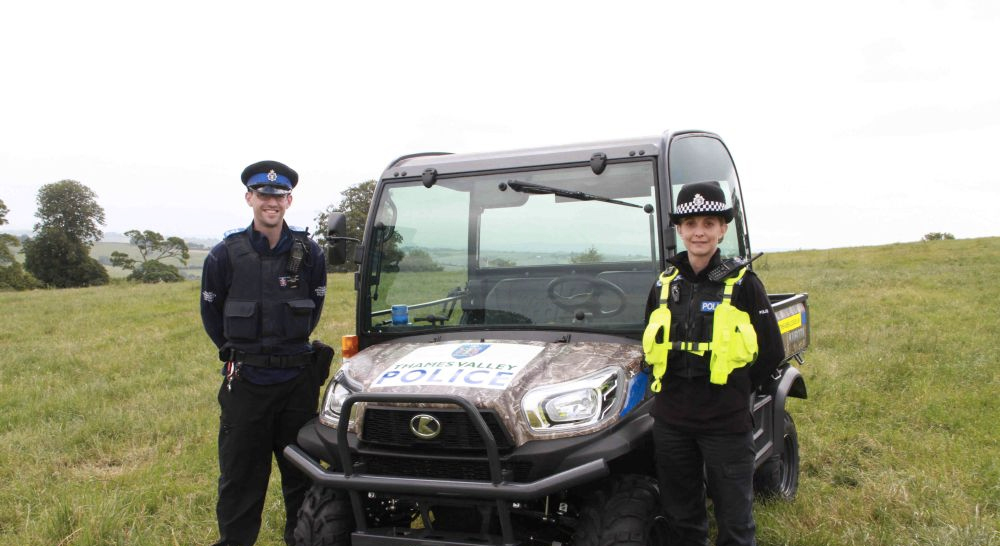
The National Rural Crime Network (NRCN), a coalition of Police and Crime Commissioners, has released the results of its first ever major rural crime survey.
They reported that the “survey of over 17,000 people living and working in rural areas throughout England and Wales suggests the true cost of crime in rural areas could exceed £800m. This figure is 21 times higher than previous figures, dwarfing earlier estimates.
“The survey also indicates that farmers and hard-pressed young families are the most frequent victims of crime, with the average cost of those crimes to a household being over £2,500 and for a business over £4,000.
“Moreover, there appears to be a vicious circle of low expectations, leading to chronic under-reporting, anger, frustration and worry. The result is increasing fear of crime and significantly lower satisfaction levels in the police than the national average”.
The NRCN was set up in July 2014 and is supported by 30 police and crime commissioners and police forces across England and Wales. The network also includes a wide range of other bodies with a deep interest in community safety and rural affairs, with the NFU represented on the executive board and NFU Mutual also supporting.
NFU senior planning and rural affairs adviser Suzanne Clear said: “We already know that our farming members suffer at the hands of rural crime, whether that is machinery and livestock theft to fly-tipping and from perpetrators using increasingly sophisticated methods.
“It is important that the NRCN uses its survey information to develop a robust plan of action to help reduce the impacts of rural crime on farm businesses and the wider community. Each crime, no matter how small or large, can have a potentially devastating effect on the victims. We also need an environment where our members feel they can report crimes and will be listened to rather than suffering in silence or for their reports to be swept aside.”
